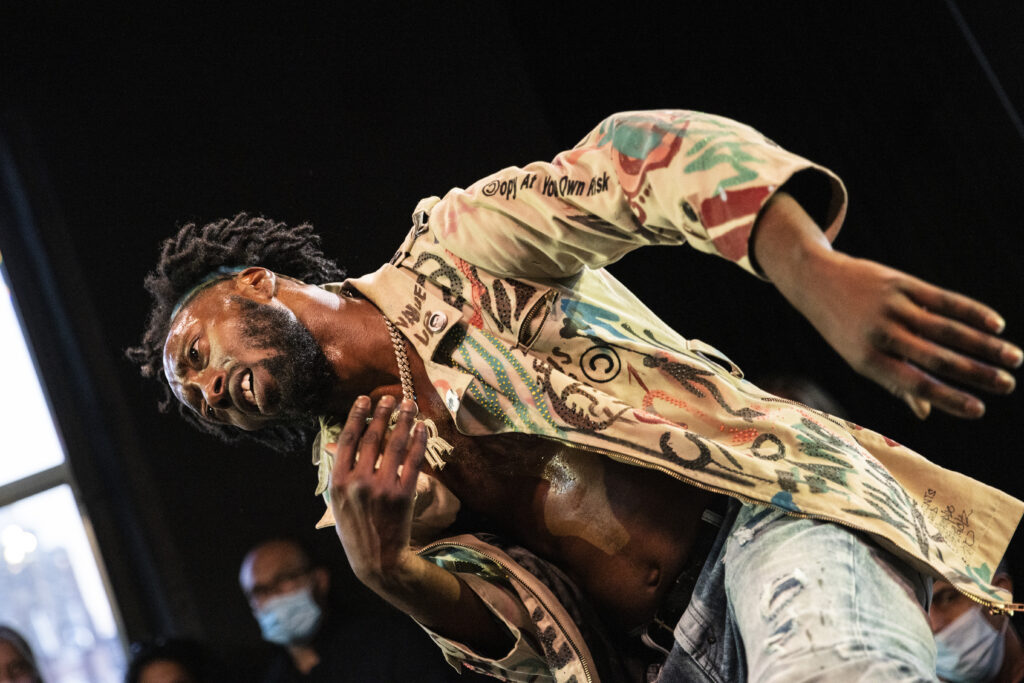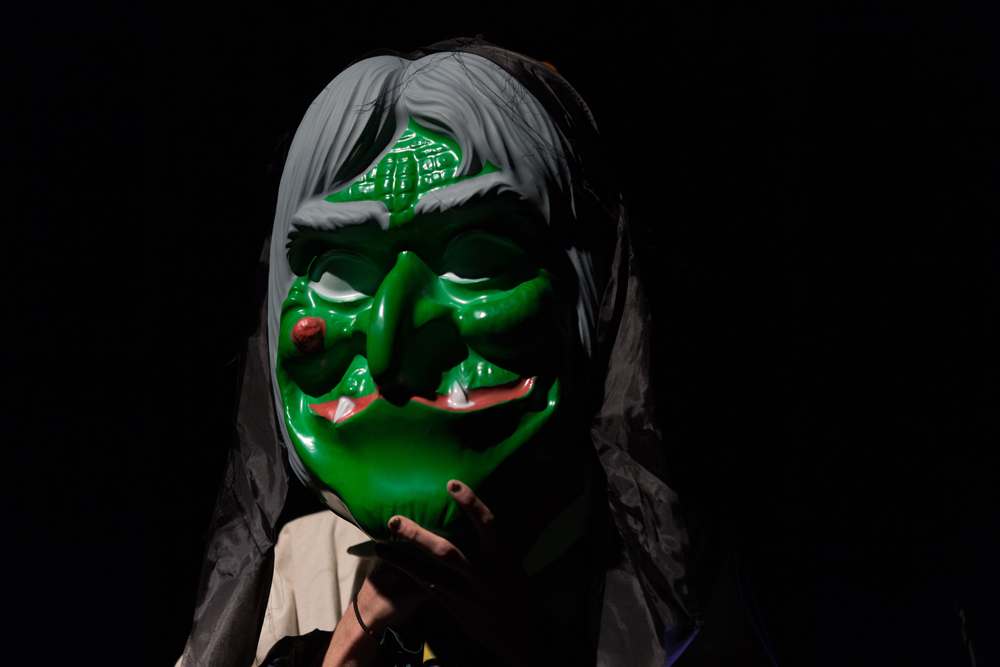
A story that cannot be told, yet must be told. Zong! and its context
Fred Moten M. NourbeSe Philip
A conversation between Philip and Moten: how do we read NourbeSe’s anti-narrative poetic lament in Glasgow today, given the city’s role in the history of slavery?












